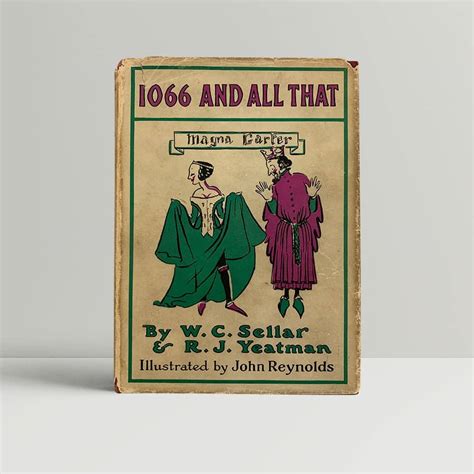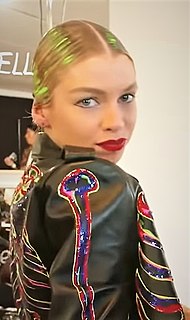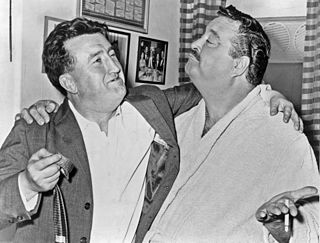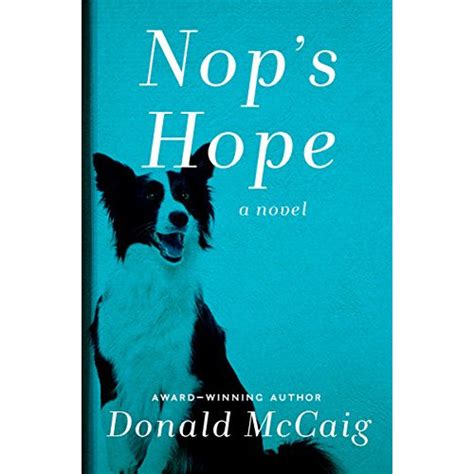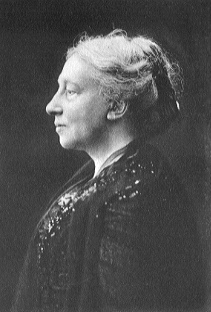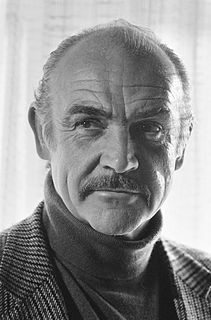A Quote by W. C. Sellar
The Scots (originally Irish, but by now Scotch) were at this time inhabiting Ireland, having driven the Irish (Picts) out of Scotland; while the Picts (originally Scots) were now Irish (living in brackets) and vice versa. It is essential to keep these distinctions clearly in mind (and verce visa).
Related Quotes
For dash and gallantry the bloodthirsty Scots, Australians and Canadians led the way, with the impetuous Irish close behind. The Australian to my mind were the most aggressive, and managed to keep their form in spite of their questionable discipline. Out of the line they were undoubtedly difficult to handle, but once in it they loved a fight. They were a curious mixture of toughness and sentimentality.
All my family look Irish. They act Irish. My sister even has red hair... it's crazy. I'm the one that doesn't seem Irish. None of the kids in my family, my siblings, speak with an Irish accent... we've never lived there full-time; we weren't born there. We just go there once or twice a year. It's weird. Our parents sound Irish, but we don't.
We once discussed which were the cleanest troops in the trenches, taken by nationalities. We agreed on a descending-order like this: English and German Protestants; Northern Irish, Welsh and Canadians; Irish and German Catholics; Scots; Mohammedan Indians; Algerians; Portugese; Belgians; French. We put the Belgians and French there for spite; they could not have been dirtier than the Algerians and the Portugese.
After all, in both languages we were dealing in large measure not with English and French, but with Scots and Irish, Bretons and Normans ... There could be no more eloquent illustration of the colonial mind-set than a bunch of Celts and Vikings in a distant northern territory insulting each other as les Anglais and the French as if they were the descendants of the people who had subjected and ruined them.
Those who came to the United States didn't realize they were white until they got here. They were told they were white. They had to learn they were white. An Irish peasant coming from British imperial abuse in Ireland during the potato famine in the 1840s, arrives in the United States. You ask him or her what they are. They say, "I am Irish." No, you're white. "What do you mean, I am white?" And they point me out. "Oh, I see what you mean. This is a strange land."
Throughout my childhood, I did a form of Irish dancing that was kind of the precursor to 'Riverdance.' It was a mixture of ballet and Irish dancing that my teacher, Patricia Mulholland, had invented, essentially. It was Irish ballet, and she would create performances based around the myths and legends of Ireland.
